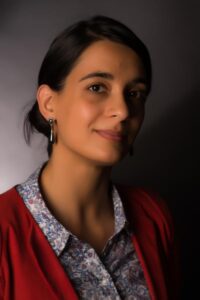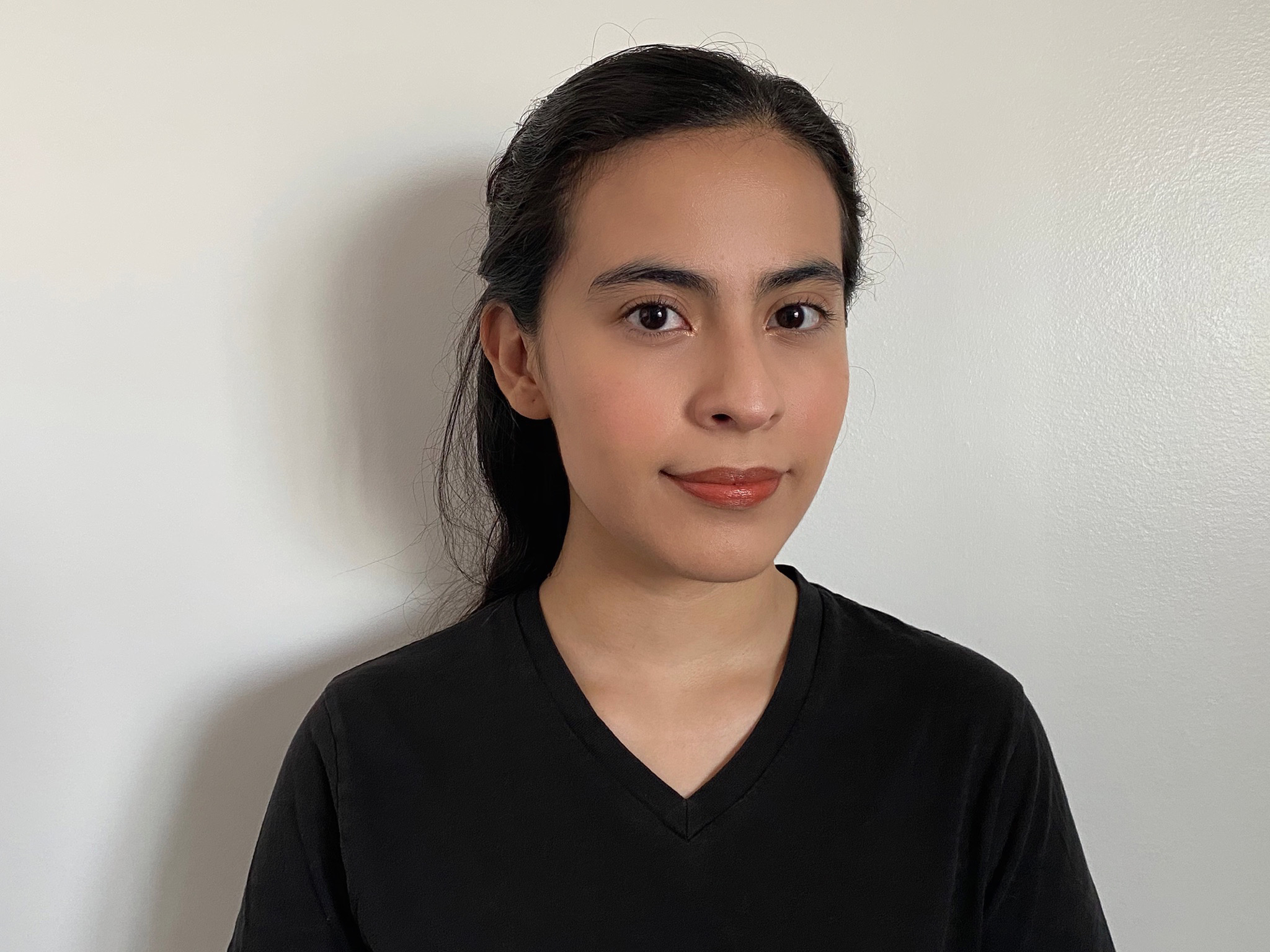Political science offers a critical lens for making sense of the systems, policies and institutions shaping our lives. At CCNY, Dr. Raphaëlle Khan, assistant professor in the Department of Political Science, uses that lens to reframe how we understand international relations by highlighting voices and perspectives that have long been overlooked.

Dr. Raphaëlle Khan. Photo Credit: Courtesy of Dr. Khan.
Khan’s passion for political science took root in her childhood and was nurtured in a home where international news was a constant topic of conversation.
“My interest in international politics grew as I got more involved in family debates. In a way, it was a way for my parents to find common ground as they came from two different countries and continents. But for me, it became a way to understand the world,” Khan said in an interview with The RICC.
Her academic journey began in Paris at the Institut d’Études Politiques (Sciences Po Paris) after a year of literary preparatory school designed to prepare students for competitive university entry exams.
At Sciences Po Paris, she obtained her Bachelor’s degree in Political Science and developed a multidisciplinary approach that shapes her work today. She spent a year abroad at Vassar College, which broadened her intellectual horizons by giving her the opportunity to study arts, creative writing, cinema and among others. In retrospect, she believes that such freedom to study in all directions was fundamental to cultivate both creativity and a multi-dimensional kind of thinking.
Following her undergraduate studies, Khan earned a double Master’s degree in European Studies from Sciences Po and the London School of Economics and Political Science. A few years later, her interest in the rise of emerging powers in the international sphere led her to shift her focus to Asia. At King’s College London, she obtained a PhD that explored India’s engagement with the world in the twentieth century.
Today, Khan’s research seeks to bridge International Relations and Global History, which she sees as complementary. Focusing on both the past through archival research and on the present politics, she reconstructs and analyzes non-Western perspectives on international relations and how countries like India shape and contest the international order. Among other topics is examining the relation between decolonization and the making of the global order, the role of international organizations and the new geopolitical dynamics of the Indo-Pacific region.
She is currently writing a book examining the role of formerly colonized countries, particularly India, in shaping the 20th-century international order.
“I hope to contribute both to the fields of International Relations and Global history by offering a fresh reinterpretation of the making of this order through the lens of decolonization and the experience that a former colony made of it,” Khan said. “Through that, I would like to assess the promises, the potential, and the limits of decolonization, as well as the features of India’s international personality as it emerged over decades of choices and struggles.”
Khan joined CCNY in 2021 as a Jerome S. Levy Postdoctoral Fellow before becoming a full-time faculty member the following year.
“I feel privileged to work at the college,” Khan said. “I deeply believe in its mission of education and social mobility.”
At CCNY, Khan teaches “Political Systems of Asia,” “Globalization and Global Governance” and “Introduction to World Politics.” Her courses aim to help students de-center their perspective to better understand international politics in a wider context.
Khan strives to foster critical engagement in the classroom, encouraging her students to stay attuned to current affairs as they explore key concepts and dynamics of international politics. She challenges them to expand their intellectual curiosity, embrace diverse perspectives and engage in debate to refine their ability to express well-informed viewpoints.
“Developing a sharp mind takes many influences and experiences. Fellowships and internships are great complements. As well as traveling, seeing the world from different angles and reading as widely as you can,” Khan said. “All of it helps you understand the world more deeply, engage with it and develop a truly critical mind.”

Sofia is a graduate student at CUNY Brooklyn College, where she’s pursuing her M.S. in Media Studies. In addition to writing for The RICC, she’s a writer for the features section of Brooklyn College’s student-run newspaper, The Vanguard. She is also a dedicated writer for the Brooklyn News Service.